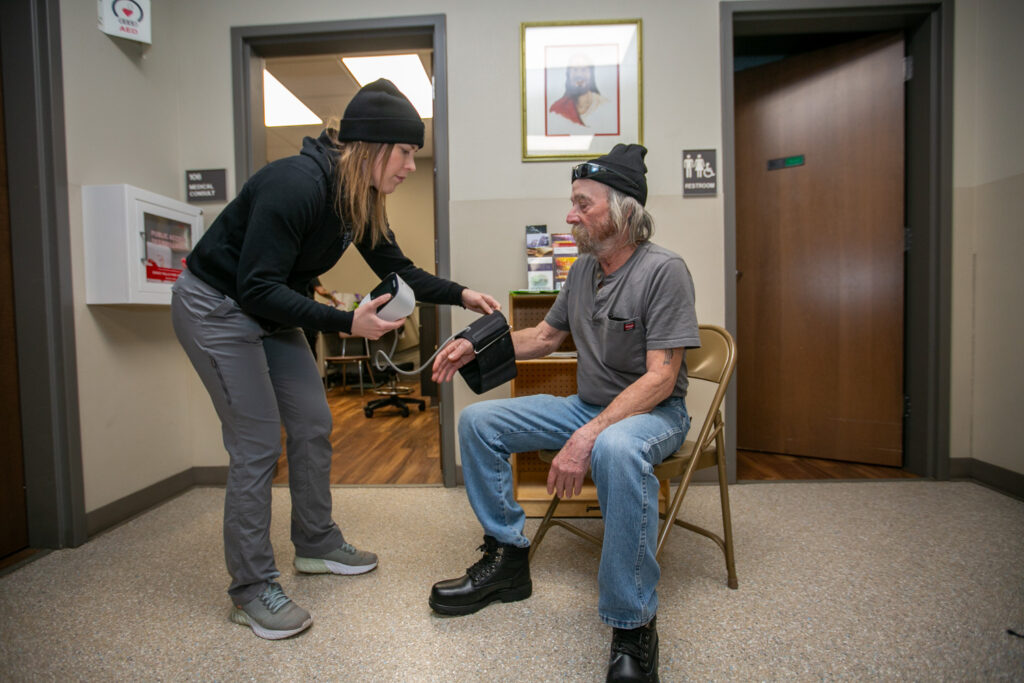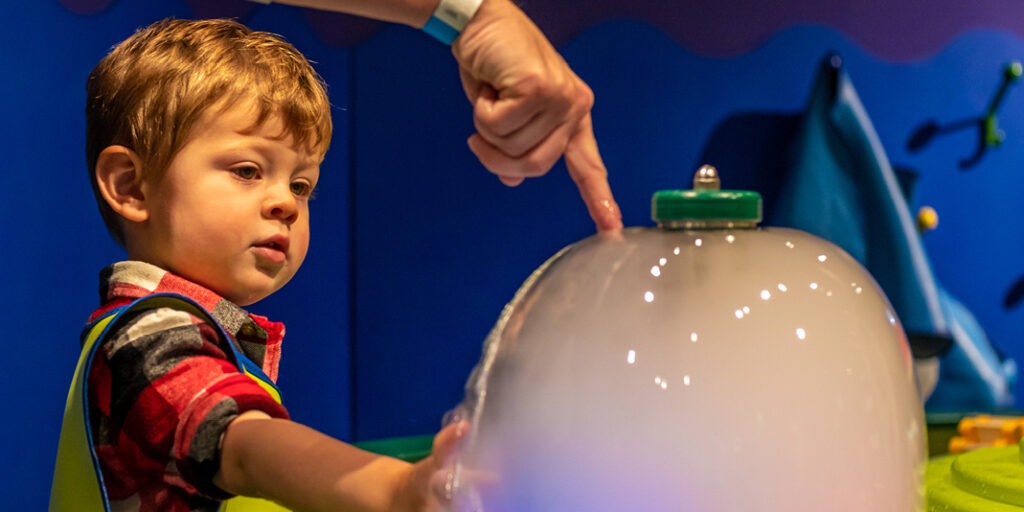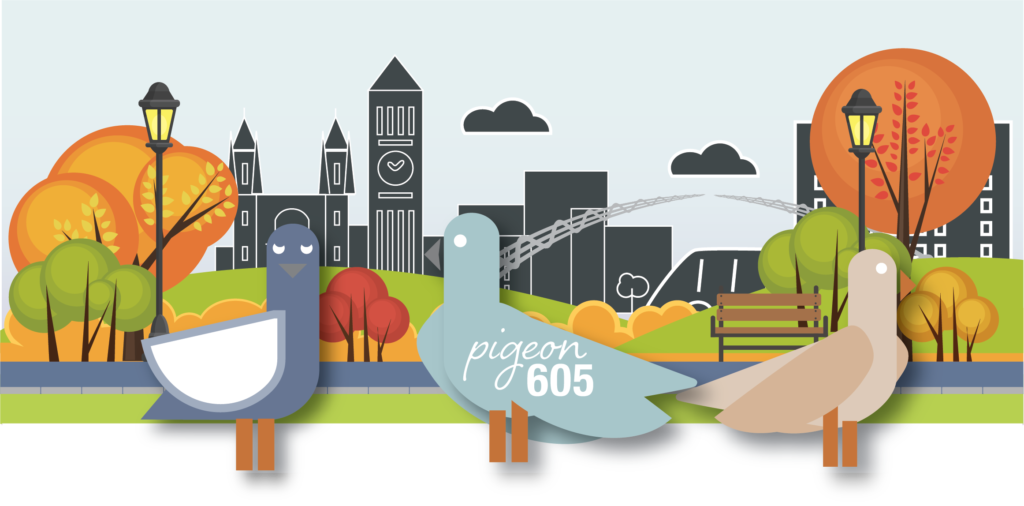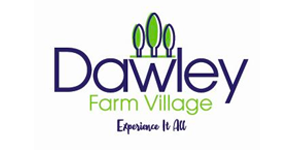Bringing medical care to the street, new nonprofit aims to improve health of the homeless
By Steve Young, for Pigeon605
Mark Shields had broken his hand. He says he’d been hit by a car. For a 50-year-old man with no health care coverage, living on the streets and in the shelters of Sioux Falls, he figured he had one option.
“To put up with it,” he said.
But when an angel appeared unexpectedly – a group of angels, in fact, dressed not in white flowing gowns but in black shirts with Midwest Street Medicine written on them – Shields didn’t have to simply endure. Instead, these strangers provided him with a ride to the hospital for X-rays and a prescription for a painkiller to ease his suffering.
“They really helped me out,” he said. “They are a very good thing.”
That was last year, when an assemblage of multidisciplinary service providers – doctors, physician assistants, nurses, pharmacists, addiction specialists, social workers and peer support specialists – formed a nonprofit to see if it could remove barriers and improve the health of vulnerable populations in the community, starting with 490 individuals in Sioux Falls identified as having no housing.

Their mission is health equity, and their motivation is to try to ensure that everyone has an equal chance at good health, said Dr. Shannon Emry, a pediatrician at Avera who co-founded the effort with Dr. Melissa Dittberner and Tiffany Thoelke. Emry had been listening to podcasts about street medicine and how it worked in other communities. In time, she went to a conference in Los Angeles that delved into the issue. “I just fell in love with the idea,” she said, “and decided I wanted to start one here in town.”
So they began in the summer of 2023, going out once a week, looking for the homeless under bridges, in encampments along the Big Sioux River, in alleyways downtown or hanging out by the library. The 23 group members brought snacks like oranges and cheese sticks, along with water and Powerade. They built rapport. They made connections. And when those most vulnerable decided that these strangers really did care and that they would come back every week, they began to feel comfortable opening up about their health needs.

Midwest Street workers have treated wounds with new bandaging and ointments to prevent infections. They have kneeled down on the streets and closed some of those wounds with stitches. They give people rides to appointments and, through their social worker interns, match those people with other agencies that can help them.
Nurse Katherine Cedeño Torres said Midwest Street Medicine has developed relationships with The Link community triage center, with caseworkers at the Bishop Dudley Hospitality House and Union Gospel Mission and with agencies such as Face It Together, Center of Hope, Helpline Center, Urban Indian Health, Southeastern Behavioral Health, Center for Family Medicine, Falls Community Health, Safe Home, Call to Freedom, The Compass Center and Minnehaha County Human Services.
“We’re really trying to eliminate barriers because there are so many for people living on the street,” she said. “Sometimes, it’s the cost. Sometimes, they can’t afford the co-pay, which is often only a few dollars. So just barrier, barrier, barrier. We’re just trying to remove as many barriers as we can to get them the right care.”
Here’s an example of barriers, Cedeño Torres said. They met a man who takes a medication for a seizure disorder but couldn’t go into a pharmacy because he had been banned from there. So they went in as a friend and got the medication for him.

Then there’s 49-year-old David Hayes, who came into the Bishop Dudley Hospitality House on a recent Sunday morning to be seen for mild frostbite and a case of athlete’s foot. Certainly, the cold could be a barrier to the ministry of street medicine. But Midwest is given access to offices inside Bishop Dudley during the frosty winter months to see people. Hayes, in possession of a pair of new socks and some ointment for his athlete’s foot, gazed in amazement at the number of Midwest volunteers milling about.
“You see all these people here, sir?” he asks. “They’re volunteering their time here, and it’s, what, negative 17 degrees outside. It’s a good thing they’re doing here. They care for the community, the people on the streets.”
Midwest volunteers even empowered Hayes to help his homeless brothers and sisters, sending a small container of Narcan nasal spray with him to use to reverse the effects of an opioid overdose should he encounter such a situation on the streets.

Addiction and mental health are major focuses for Midwest Street Medicine, Cedeño Torres said. While the group’s premise is to provide medical care, she adds, mental health and addiction behaviors often are overlapping challenges.
In that vein, then, a number of Midwest volunteers are peer support specialists ─ individuals who have lived the addiction or mental health experience, are in recovery themselves and have “gone through a specific training to be able to provide that care and walk alongside someone who’s experiencing something that they’ve experienced,” Cedeño Torres said.
It can be a tenuous and uncertain walk. Success for someone experiencing addiction might be measured in a day of sobriety, or two days, or more, Cedeño Torres explains. Some people on the street don’t want treatment, she said. Some are chronically addicted to alcohol or drugs, “and it’s not reasonable at age 60 or 70 to expect them to want to quit or to quit,” she added. “We all have different versions of success.”

Some who have lived on the streets for months or years understand very clearly the reality of that life, harsh as it might be, and don’t want to give it up, Cedeño Torres said.
“Their community is on the street,” she said. “Those are the people that take care of you. Who have made sure that you are warm or that you did have clothes or reminded you to go to The Banquet when it was mealtime. They’d take two pairs of gloves from a donation so that you could have one pair. If that’s your community, of course you’re going to want to go back.”
That doesn’t mean Midwest Street Medicine isn’t succeeding. Cedeño Torres tells the story of a social work intern in the group who touched base with a man every week, telling him how to get a new identification card and how he could go about getting into treatment ─ when he was ready.

“’I’ll touch base with you next week, and if you’re ready, I’ll walk with you there,’” the social work intern told the man. As it turned out, he didn’t wait until next week; he went to treatment on his own.
“It turns out the moment struck that he was ready, and it wasn’t the day she was coming to check in,” Cedeño Torres recalls. “He did it on his own. I mean, what changes people’s lives isn’t necessarily us taking them somewhere. It’s just us being there. Showing them that we believe in them. That they can do it. That we know their name.”
People living on the streets or in shelters often don’t seek medical care for a variety of reasons, said Madeline Shields, executive director at Bishop Dudley Hospitality House. They have no insurance. They have no way to get to clinics or hospitals. Or they work and can’t get away during the day.
What Midwest Street Medicine offers them – as well as another effort that comes into Bishop Dudley called Coyote Clinic, comprised of students and physician volunteers from the medical school at the University of South Dakota – is a reason to say “yes” to medical care.

“These collaborations with these medical professionals are a game-changer for our guests,” Shields said.
She tells the story of a man at the shelter, an amputee, who misses all his appointments for a wound care clinic for whatever reason. Midwest Street Medicine “actually treats the wounds he has,” Shields said. “He’d end up in the hospital, or would end up in a long-term stay somewhere, or possibly even losing more of his limb if not for them. They’ve been crucial for him.”
In their first seven to eight months of working the streets, Midwest has counted close to 1,100 interactions with people they met, including more than 300 unique individuals, Cedeño Torres said.

She likes to believe that Midwest Street Medicine has saved lives or perhaps kept people from ending up in emergency rooms or hospitals. “You don’t always know what would have happened or could have happened if we hadn’t seen someone,” she said. “But I think just being around, following up and showing up again and again and again … proves to people that we’re here and we want to support them, and that makes a difference.”
Emry said the group partners with the Helpline Network of Care, a database that different service agencies tap into here in Sioux Falls. That database will help to show the metrics and the success of its work in time, though for now, the data are basically a numbers game – documenting how many people they are reaching and helping at this point.

“We’re working with the Emergency Medical Services and the director of EMS to look at that data,” Emry said. “We’re hoping to cut down on emergency room visits. We’re hoping to cut down on rehospitalizations once folks have been discharged from the hospital to the street. I’m really hoping we can track numbers on immunizations, testing and treating infections, those kinds of things too.”
Of course, there is a cost to this care. As a nonprofit, Midwest is continuously working to secure grants, as well as private donations and gifts from group volunteers. Cedeño Torres said their effort needs to raise just under $500,000 a year to fund three full-time staff members. Donations made online, along with the grants and gifts, will help with such important needs as securing Vivitrol ─ a medication used in alcohol treatment that stems the desire to drink for a period of time. But it is costly ─ more than $4,000 per injection.

Midwest would like to purchase a vehicle someday to transport individuals to appointments. Group members are continually spending their own dollars to provide snacks and clothing items for those they encounter on the streets and could use financial help for that as well.
Ultimately, Cedeño Torres said they want to develop a toolkit that other communities in South Dakota can use to bring health care to their most vulnerable populations.
The process will look different in Huron, Aberdeen, Yankton or wherever, she said, depending on what the community needs are. But she has a feeling the appreciation – the people expressing in words their love for these angels in their midst, as they have with her – will unquestionably be universal.

“I do this work because I see the value in it,” she said.
“I see that when we believe in somebody, and we have hope, and we show them again and again that we’re going to be alongside them … that we’re going to show up every week, and we know their names, and we know their stories … that’s when people start taking things into their own hands. And that’s when you make a difference.”
Share This Story
Most Recent
Videos
Want to stay connected to where you live with more stories like this?
Adopt a free virtual “pigeon” to deliver news that will matter to you.





























